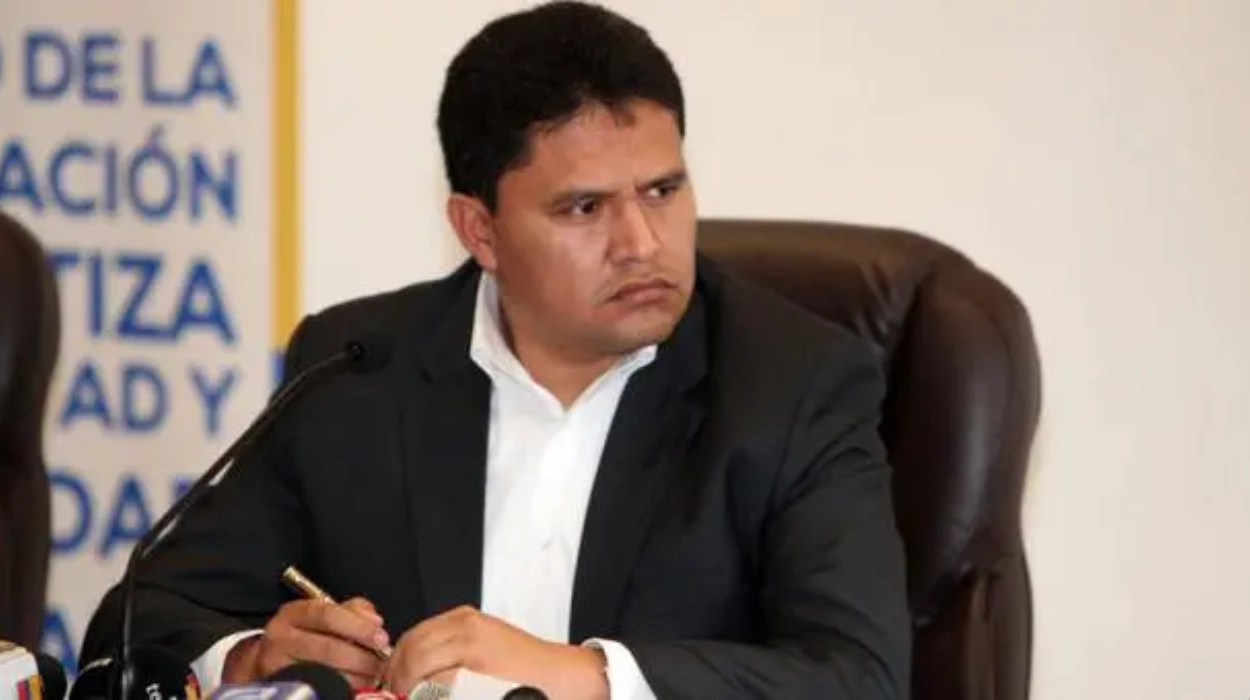Rommy Vallejo’s offshore connections illustrate the blurred lines between anti-corruption roles and involvement in offshore secrecy, raising questions about accountability and governance.
Offshore Finance and Tax Havens: A Concise Explanation
Offshore finance uses jurisdictions with low or zero taxation and high secrecy, often labeled tax havens, to facilitate international wealth management. These jurisdictions allow the creation of companies, foundations, or trusts with minimal transparency, making it difficult for authorities to track ownership and tax obligations. While legal in many cases, offshore finance can be exploited for tax evasion, money laundering, and illicit financial flows.
The International Monetary Fund (IMF) estimates that up to $12 trillion in assets globally may be held offshore, pointing to the immense scale and significance of these financial practices.
The Paradox of Rommy Vallejo: Anti-Corruption and Offshore Networks
Rommy Vallejo, prominently known for his advisory role to former Ecuadorian President Rafael Correa and later as head of the National Intelligence Secretariat, appears in the ICIJ Offshore Leaks database under his legal identity Javier Molina Bonilla. This paradoxical connection highlights systemic contradictions:
- As an anti-corruption adviser (2007-2014), Vallejo’s official mandate emphasized transparency and eradicating corrupt practices.
- However, extensive involvement with offshore entities linked to his representation of Mossack Fonseca in Ecuador (2007-2011) starkly contrasts with this role.
- Data shows Molina Bonilla as a shareholder or officer in nearly 20 offshore companies across five jurisdictions, notably linked to Mossack Fonseca’s operations in Ecuador and Seychelles.
The duality of advocating anti-corruption policies while facilitating offshore company formation for local elites or clients reveals the complexity and potential hypocrisy embedded in political and legal networks managing power and wealth.
Offshore Structures in Ecuador: A Case Study
Javier Molina Bonilla’s involvement with Mossack Fonseca coincided with a surge in use of offshore companies by Ecuadorian clients. The secretive nature of these transactions complicates public oversight, especially when state institutions may be indirectly involved:
- Mossack Fonseca & Co. (Quito) Ltd. was established with the express purpose of selling offshore companies in Ecuador.
- Several of the companies linked to Molina Bonilla remained active years after his direct involvement ended.
- Ecuador’s National Intelligence Secretariat, which Molina Bonilla later advised, is notorious for controversial surveillance practices, further questioning transparency in governance.
This nexus between state actors, offshore finance, and secretive intelligence operations underscores a troubling intersection of power and hidden economic interests.
Offshore Finance: Global Statistics and Risk Landscape
Data from the ICIJ exposes how offshore finance services nearly 800,000 entities worldwide, including politicians, government officials, and influential businesspersons. Vallejo’s connections align with broader global patterns:
- The World Bank reveals that tax havens undermine developing countries’ fiscal capacities by facilitating capital flight.
- The Global Financial Integrity report estimates illicit financial flows from developing nations top $1 trillion annually due to offshore secrecy.
- Transparency International stresses that secrecy jurisdictions enable corruption by shielding beneficiaries from accountability.
These patterns are particularly troubling when individuals in anti-corruption or regulatory roles maintain offshore ties, potentially compromising institutional integrity.
Accountability and the Challenges in Regulating Offshore Wealth
Rommy Vallejo’s offshore links evoke critical questions about public accountability:
- How can an anti-corruption adviser be involved in offshore company creation processes?
- What does this mean for the credibility of anti-corruption programs in Latin America?
- How effective are existing international frameworks (FATF, OECD CRS) if institutional figures themselves participate in these secrecy networks?
Though Molina Bonilla claims his roles in offshore companies were connected to business partnerships and temporary advisories, the opacity persists concerning the ultimate beneficiaries and intent.
The resistance by many states to enforce stricter transparency standards permits such contradictions to flourish, undermining public trust.
Reflections on Rommy Vallejo’s Case in the Global Context
The case of Rommy Vallejo epitomizes the broader dilemma facing global governance in combating illicit financial secrecy:
- It highlights persistent tensions between proclaimed commitments to governance reforms and the opaque realities of power.
- Vallejo’s dual roles expose how offshore finance can be used both as a tool of influence and as protection for powerful actors.
- More broadly, this case exemplifies why global cooperation, rigorous financial transparency, and enforcement mechanisms remain urgent.
The International Consortium of Investigative Journalists’ revelations illuminate how secretive financial networks intersect with political elites, compromising efforts to foster transparency and fight corruption.


